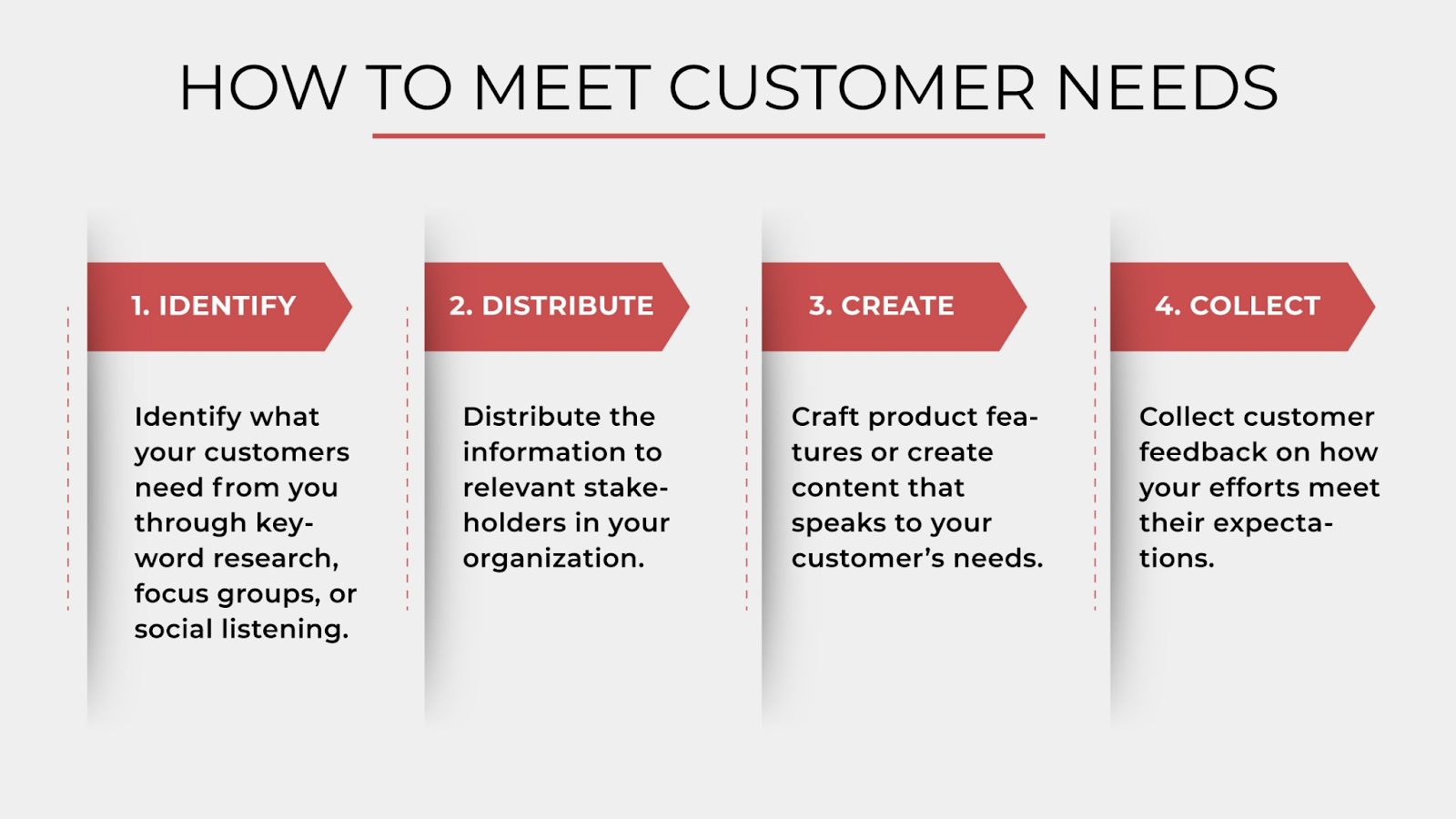
Sales Call Tips to Increase Your Close Rate
In today’s fast-paced world of business, mastering the art of sales calls can seem like trying to hit a moving target. Picking up the phone with the goal of converting a lead into a customer can be daunting, but fear not! With the right techniques and a dash of confidence, you can significantly boost your close rates. Whether you’re a seasoned sales veteran or fresh on the field, these tips are for anyone looking to sharpen their skills and seal more deals.
Understand Your Prospects
First things first—before you even think about picking up the phone, make sure you understand who you’re calling. Research is your golden ticket here. Dive deep into who your prospects are, what challenges they face, and how your product or service fits into their world. This isn’t just about knowing their company size or industry; it’s about grasping their day-to-day struggles and aspirations. When you know what makes them tick, you can tailor your pitch, making it resonate on a personal level.
Create a Killer Opening Statement
The first few seconds of a call can make or break your chances. You need a strong opener that grabs attention without sounding like a canned advertisement. You want to be direct and concise, while also conveying empathy and excitement about what you can offer. Practice your opening statement until it rolls off your tongue with ease, but remember to stay flexible—you might need to tweak it depending on the person you’re speaking to.
Listen Actively
This is crucial. Sales calls are not a monologue; they are a dialogue. Too often, salespeople focus on getting their message across without really hearing what the prospect has to say. Active listening means you’re engaging with your prospect, asking meaningful questions, and actually absorbing their answers. It shows that you care about what they’re saying and that you are looking for a real solution to their problems, not just a quick sale.
Build Rapport
People buy from those they trust and like. Building rapport can make a significant impact on your success in sales calls. Be friendly, and show genuine interest in your prospect as an individual. You can chat about non-business topics briefly if it feels natural, but always keep it professional. The goal here is to make your prospects feel comfortable and valued. When you’ve built a strong rapport, discussing business becomes much more fluid.
Highlight Benefits, Not Features
When it comes to talking about your product or service, focus on the benefits it brings to the customer, rather than rattling off a list of features. How does it make their life easier or their business more profitable? Features tell, but benefits sell. People are looking for solutions, not specifications. So, for every feature you’re tempted to mention, think: “What does this mean for my prospect?”
Address Objections Confidently
In sales, objections are just part of the game. Instead of dreading them, welcome them as opportunities to further clarify and emphasize the value of your offering. Prepare for common objections and rehearse your responses. When faced with a new objection, stay calm and handle it with poise. Sometimes, the way you manage an objection can be what sways a prospect toward saying “yes.”
Don’t Be Pushy, Be Persuasive
There’s a fine line between being assertive and being aggressive. Your goal is to guide your prospects to a decision, not to force them into one. Use persuasive language that helps illustrate how taking action will be in their best interest. People are more likely to resist if they feel coerced. Instead, be a consultant who assists them in making an informed and beneficial decision.
Know When to Close
Understanding when to transition from pitching to closing is essential. Look out for buying signals, such as the prospect asking about pricing details or delivery times. When you feel the time is right, go for a soft, non-threatening close. Instead of a hard sell, offer to take the next step together, whether that’s sending more information, arranging a meeting, or finalizing the deal.
Follow Up with Purpose
After the call, follow up promptly and with purpose. Whether you agreed on a next step or the call ended with a ‘maybe’, keep the conversation going. A well-crafted email or a scheduled meeting can keep the momentum going and show your prospect that you value their business.
Continuously Improve Your Approach
Finally, never stop refining your skills. After every sales call, take a moment to evaluate what went well and what didn’t. Learn from each call and use that knowledge to improve your future approach. The world of sales is constantly evolving, and to be successful, so must you.
Conclusion

By investing the time and effort into mastering these sales call techniques and adopting a customer-centric approach, you’ll see a significant improvement in your close rates. Remember, a sales call is more than just a pitch; it’s an opportunity to build a relationship, provide value, and make a positive impact on someone’s life or business. Approach each call with enthusiasm, empathy, and expertise, and watch as your sales success soars.
In a way, each call is a miniature journey. Your job is to guide your prospect to the destination—a decision that benefits both of you. With these tips in your toolkit, you’re well on your way to becoming a master of the sales call, winning trust, and closing deals more effectively than ever before. Now, pick up that phone with confidence and show the world what you’ve got!